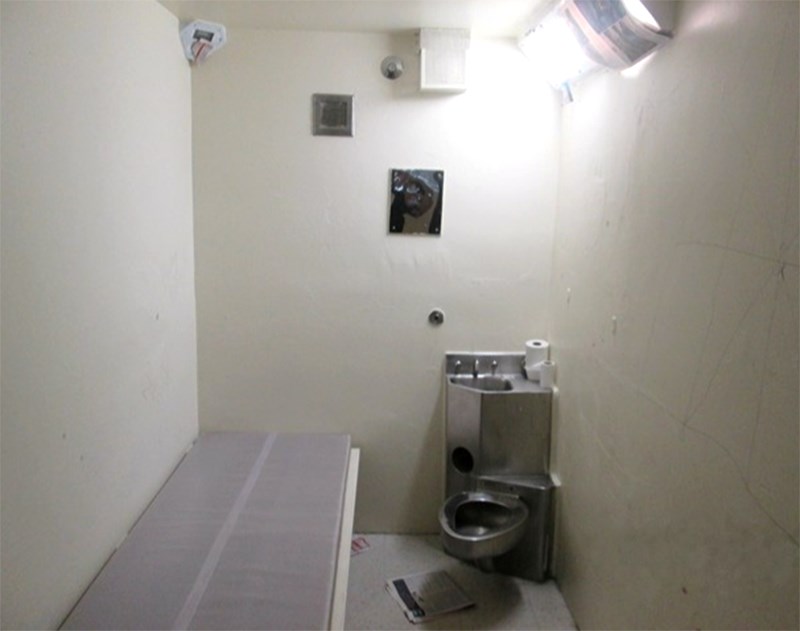The Canadian Human Rights Tribunal is set to hear a case that could set a precedent for the way deaf people are treated in federal prison.
The case centres around a deaf Métis man who is said to have experienced “intense isolation” while in prison due to Correctional Service Canada’s alleged failure to provide sign language interpreters and access to video relay service — the latter a technology that allows deaf people to use the telephone.
Lawyers for the man claim the lack of those services means he has been unable to contact family and receive medical services. They also claim he hasn’t been able to participate in Indigenous and cultural practices or participate in daily life in the prison, among other things.
Executive director of Prisoners' Legal Services Jennifer Metcalfe, whose group is representing the man, called on Correctional Service Canada (CSC) to take immediate steps to implement sign language and telephone services in federal facilities.
“CSC has a duty to accommodate deaf people in prison,” she said in a statement.
The hearing will take place in Â鶹´«Ã½Ó³»and will span Oct. 15 to Nov. 1, 2024.




